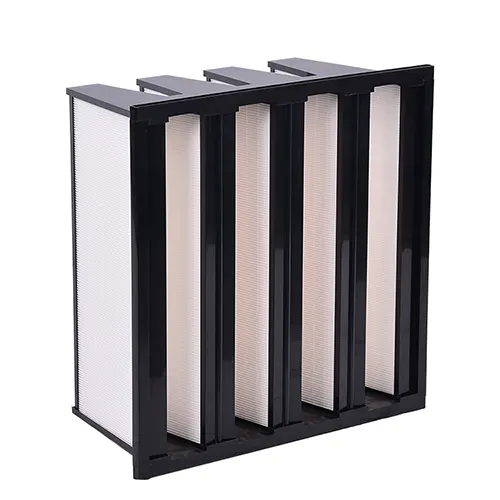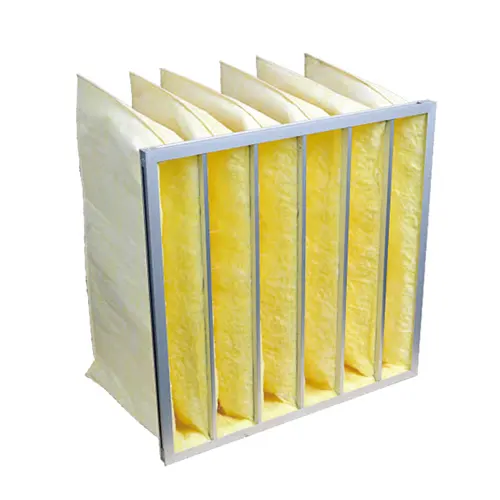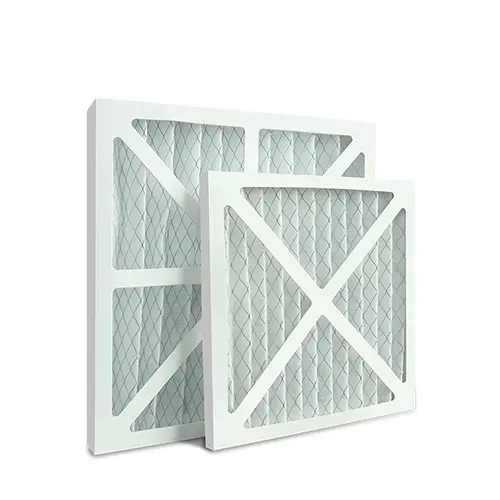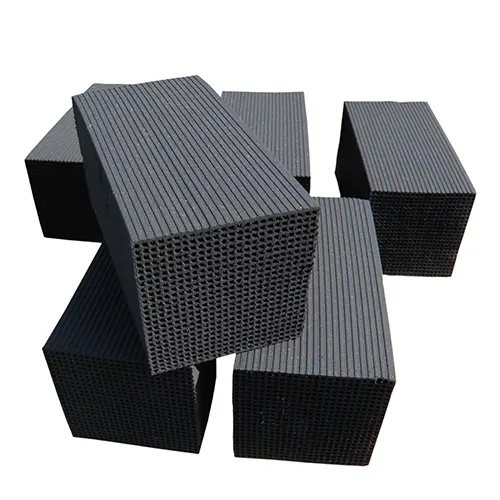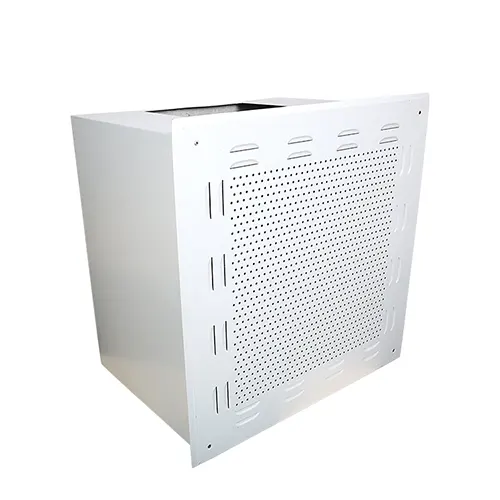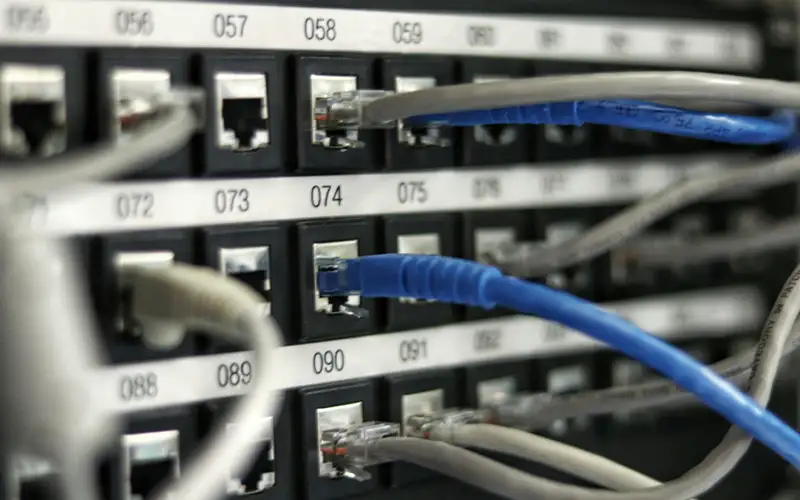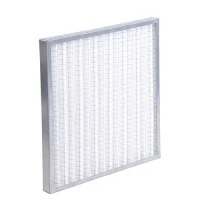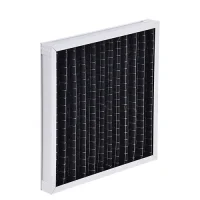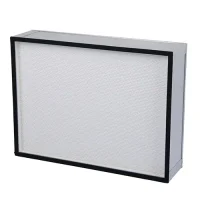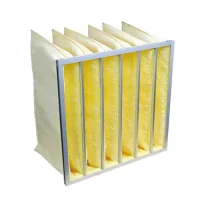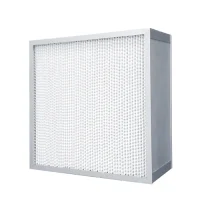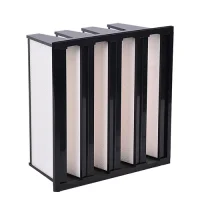Maintaining optimal air quality in data centers is a critical factor for ensuring smooth operations, efficient cooling, and the longevity of sensitive equipment. However, several key challenges must be addressed to maintain a clean and controlled environment within these high-tech facilities.
High Heat Generation from Servers and Equipment
Data centers house thousands of servers and other computing equipment that generate significant amounts of heat during continuous operation. Excessive heat can quickly overwhelm cooling systems, causing equipment to overheat, malfunction, or even fail completely.
Efficient air filtration systems must work in conjunction with cooling systems to ensure that heat is properly dissipated, keeping the temperature within safe limits for optimal server performance. Without proper heat management, the risk of system failures, downtime, and data loss increases substantially.
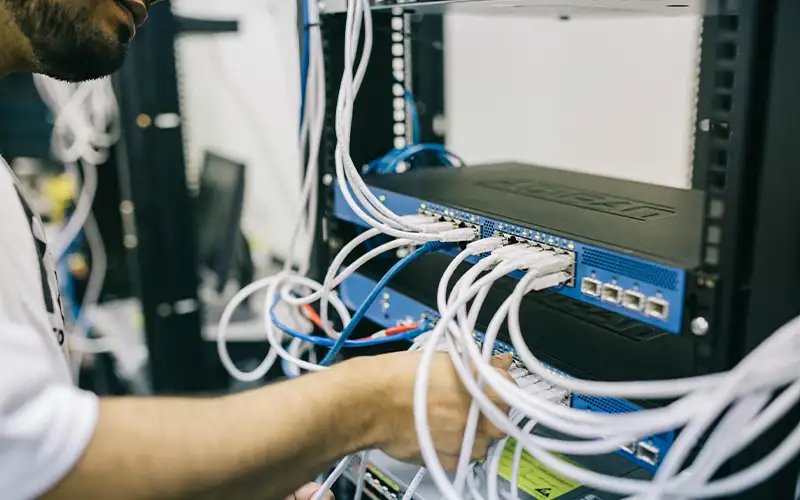
Dust Buildup and Its Effect on Cooling Systems
One of the most common and damaging issues in data centers is the accumulation of dust and other airborne particulates. These contaminants can clog cooling systems, obstructing airflow and reducing cooling efficiency.
Dust buildup on heat sinks, fans, and air filters can result in higher energy consumption as the cooling systems work harder to maintain optimal temperatures. In the long term, dust accumulation can also lead to equipment degradation, increased maintenance costs, and even complete system failure. Air filtration systems are vital for preventing dust buildup and ensuring consistent airflow to maintain proper cooling.
Managing Airflow in Confined Spaces
Data centers often feature confined spaces where multiple servers and other equipment are densely packed together. Managing airflow in such environments is a major challenge, as air must be distributed effectively to prevent hot spots and ensure that all equipment is adequately cooled.
The confined layout of most data centers makes it difficult to maintain a uniform airflow, which can lead to areas of overheating or inadequate cooling. Proper air filtration systems must be designed to ensure that airflow remains consistent across the entire space, efficiently removing heat while filtering out contaminants that could affect performance.
The Need for Reliable, Energy-Efficient Filtration Systems
Data centers require 24/7 air filtration to maintain a clean and controlled environment, but this comes with the challenge of energy consumption.
Filtration systems, especially in large-scale facilities, can contribute significantly to operational costs due to the high airflow required. Ensuring that the filtration systems are both effective and energy-efficient is critical for minimizing operational costs while still providing optimal performance.
Modern air filters must balance high filtration efficiency with low energy use to prevent escalating electricity bills and reduce the carbon footprint of the facility. Finding the right balance between efficiency and energy savings is essential for sustainable operations.


